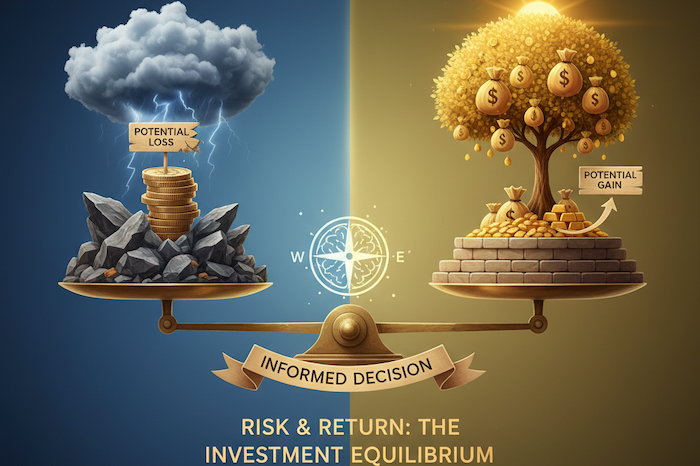What to Consider When Managing Risk vs Return
Investing always involves a trade-off between risk vs return. Higher potential returns usually come with greater risk—or more precisely, greater uncertainty of outcomes. For investors in Australia, managing this trade-off effectively means employing strategies that pursue growth while minimising the risk of extreme losses. Below, I explain why balancing risk vs return is crucial, describe common strategies (diversification, hedging, asset allocation), how they work together, provide practical examples, and outline pitfalls to avoid. I also emphasise that individual circumstances matter, and it's wise to consult a financial professional to build a plan suited to your goals and risk appetite.










